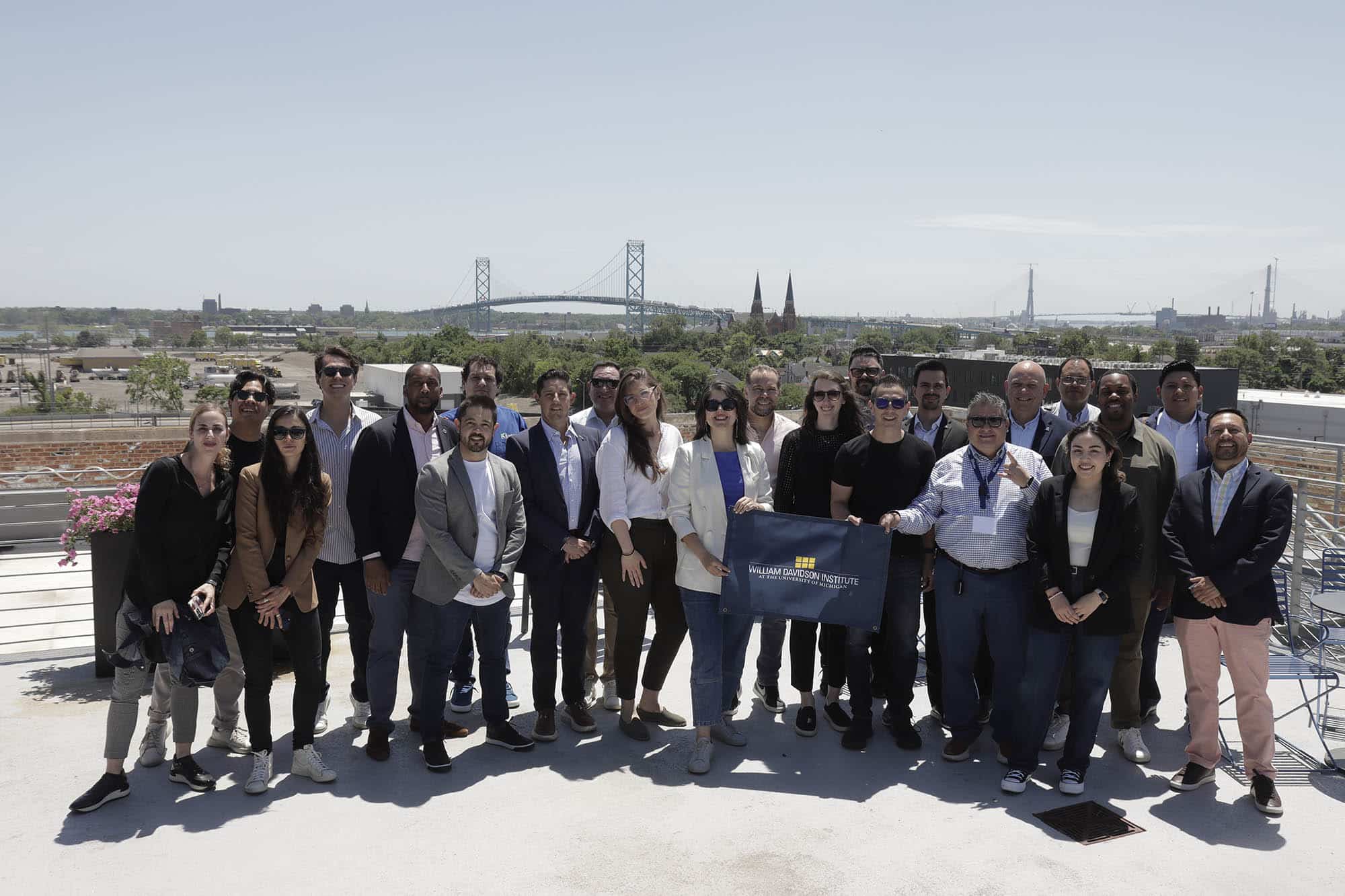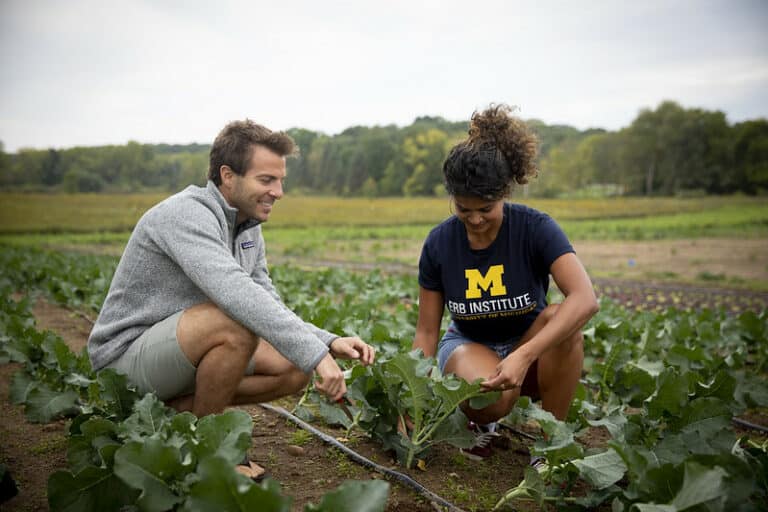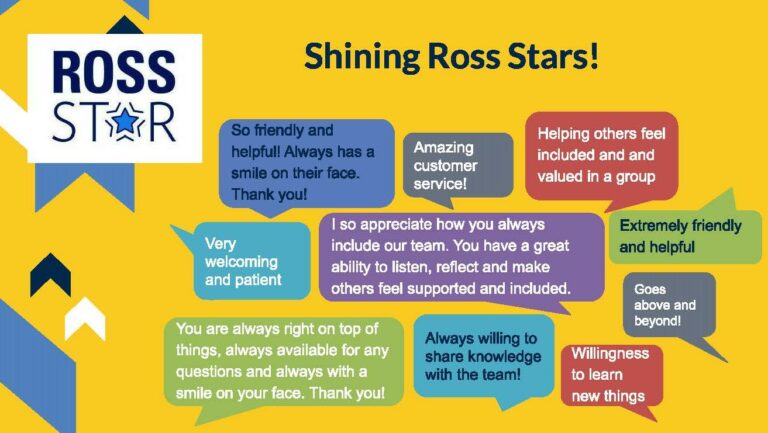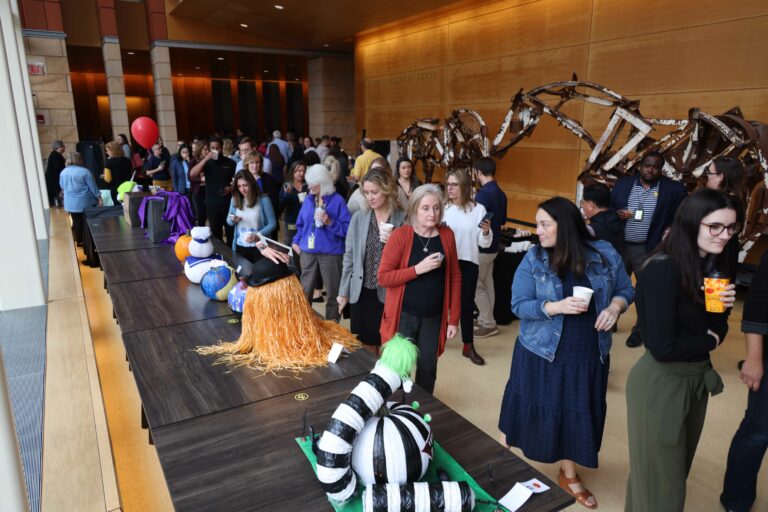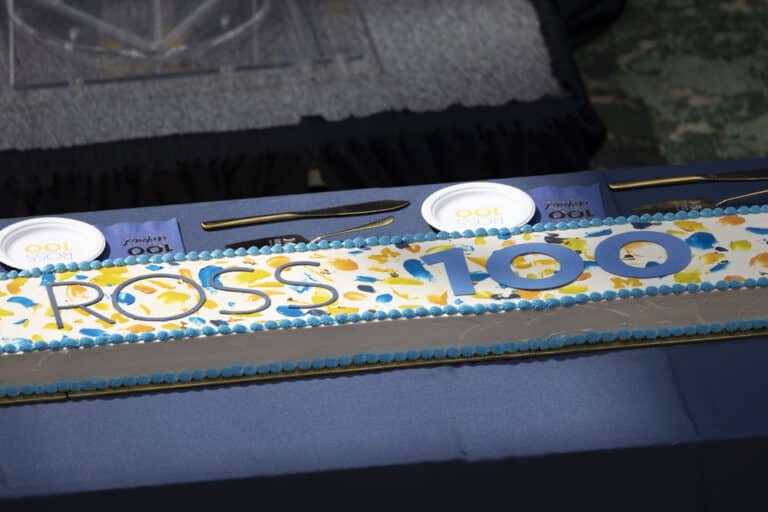The William Davidson Institute Leverages U-M Collaborations to Impact Emerging Markets
Founded by William Davidson, BBA ’47, in 1992, the William Davidson Institute at the University of Michigan is a non-profit organization dedicated to advancing economic development in low- and middle-income countries. WDI collaborates with companies, universities, and governments to offer practical solutions, training programs, and other resources that strengthen businesses. The institute’s efforts span health, energy and mobility, and climate health.
“We believe that thriving businesses in emerging markets can be at the forefront of fostering a healthy and sustainable future,” said Wendy Taylor, president and CEO of the William Davidson Institute. “Our mission is to power entrepreneurs, enterprises, and ecosystems in emerging markets with the business tools to succeed and scale impact.”
Collaborating across Michigan Ross and U-M
Taylor leads the WDI team of 23 staff members and 17 research fellows. The team hosts speaking and webinar events throughout the year and manages long-term partner projects in emerging markets, often collaborating with faculty, staff, and units across the University of Michigan.
“Our connection to U-M is our superpower,” said Taylor. “Even though we are an independent non-profit, our connection with U‑M provides access to some of the top experts in the world. It also enables us to create great opportunities for the Michigan Ross and U‑M community. It allows us to serve as the conduit through which students and faculty can apply some of their work to emerging markets.”
WDI partners with Ross degree programs and the Office of Action-Based Learning to offer Multidisciplinary Action Projects based in emerging markets. It also supports the student-run International Investment Fund and hosts Davidson Field Scholars, graduate students dedicated to WDI’s mission. These programs allow students at Ross and other colleges across campus to participate in WDI’s programs and partnerships and gain leadership and cross-cultural skills that will shape their professional careers.
In one partnership, WDI has been working with the State of Chihuahua, Mexico, to transition its automotive industry to electric vehicles. This includes developing an E-mobility roadmap with the Mexican government, training local university faculty in commercializing energy and mobility technology, and engaging with the private sector. WDI also facilitates learning exchanges and study visits, bringing Mexican industry leaders and faculty to Michigan to learn from its EV sector and U-M experts.
According to Taylor, collaboration with Michigan Ross and U-M faculty is crucial to WDI’s work, and the team would like to continue building upon those relationships.
“We work closely with faculty for many things, and we’re trying to deepen those connections, better understand where some of the research interests are, and figure out how we can align some of those efforts,” said Taylor. “We have some of the top experts in entrepreneurship here at Ross – how can we take some of the insights and learning within that expertise and apply it to our work?”
A culture aligned with the mission
The WDI team is temporarily located at the State Street Campus, but they look forward to returning to Wyly Hall when it reopens in 2027. Beyond its work in emerging markets, WDI is focused on building an internal culture that aligns with its values and ensures a fun workplace.
According to Taylor, who joined the team seven months ago, the WDI staff enjoys supporting the community through service events such as an annual Huron River cleanup. The team is also gearing up for what is sure to be competitive bowling in a few weeks.
“We have a team that’s very much aligned with where we’re going and is excited about what’s ahead,” said Taylor. “Our work is hard, so we also want to ensure we enjoy time together.”
